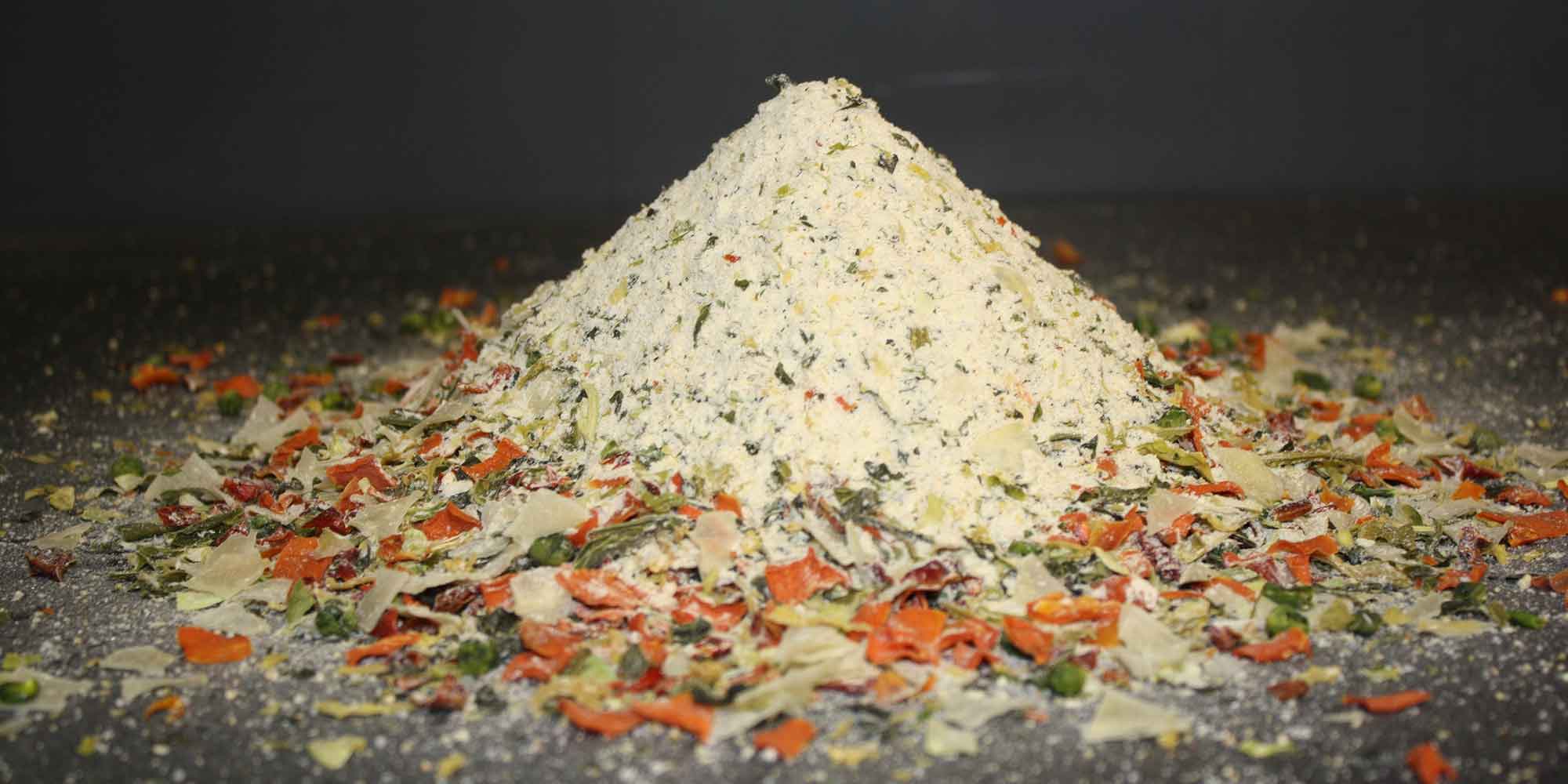This course can be delivered in-company either at your premises or online.
Course overview
The issue of de-blending (segregation) of bulk particulates is one that afflicts many diverse industry sectors. For single materials and blended materials the presence of segregation within a process can be apparent as fluctuations in bulk density, chemical composition, shifts in size distribution or even unpredictable flowability issues. These types of problems invariably lead to the generation of waste through out of range product weights (tablets/ pack fill), poor processing characteristics or variable quality end products in general.
This short course covers:
- Identification of the most commonly encountered segregation mechanisms
- Examples of how segregation has occurred in plant
- Techniques that can be applied in plant design to minimise these effects
Different types of segregation will also be identified; air-induced, rolling, surface effect, percolation.
Subjects covered
During the course discussions will take place to highlight material types that are most at risk of segregation and the most commonly encountered mechanisms of segregation in process plants. The influence of plant design and operation on the severity of de-blending will be covered and the use of counter measures will be dealt with and illustrated using industrial examples.
Is this for me?
If you are a plant designer, plant manager or work in maintenance, this course will improve your ability to deal with the design and troubleshooting of plants.
You'll also benefit if you are from operational staff or senior management through a better understanding of what can go wrong and how to make your plant as efficient and trouble-free as possible. The course is ideal for those new to materials handling, those who require an update on the subject, or those who need a working knowledge of a wide variety of materials handling technologies.
Course team
The course leader is Dr Vivek Garg, whose interests lie in powder flowability;
Contributions may also be made from the rest of the Team, including
Mike Bradley, Professor of Bulk and Particulate Technologies and Director of The Wolfson Centre. He has worked internationally on design and troubleshooting of bulk solids handling as a commercial consultant and research expert for over twenty years;
Dr Baldeep Kaur, whose interests lie in characterisation and transportation of bulk materials;
Dr Atul Sharma, whose interests lie in pneumatic conveying systems.
Dr Susantha Dissanayake; whose interests lie in segregation of materials and chemical engineering.
Please note that The Wolfson Centre reserves the right to substitute leaders of equal quality should this be dictated by circumstances beyond their control.
In-Company course
This course can be delivered as an In-Company course on line at a time to suit operational requirements.
These are proving to be a popular option for companies who have a number of personnel who would benefit from education in the subject area, for 3 main reasons:
- Cost: It is more economic for us to bring the course to you, than for you to send several staff out to us;
- Relevance: We can tailor the course programme to suit the operations you have in your plant, hence reducing the amount of material which is not directly relevant;
- Convenience: We can run the course when it suits you, even over several separate days rather than in a block if it is better for you.
If you are interested in discussing your requirements, please contact us.
Video of Segregation Tester
If you are interested in seeing a short video of the segregation tester in use, please see here
